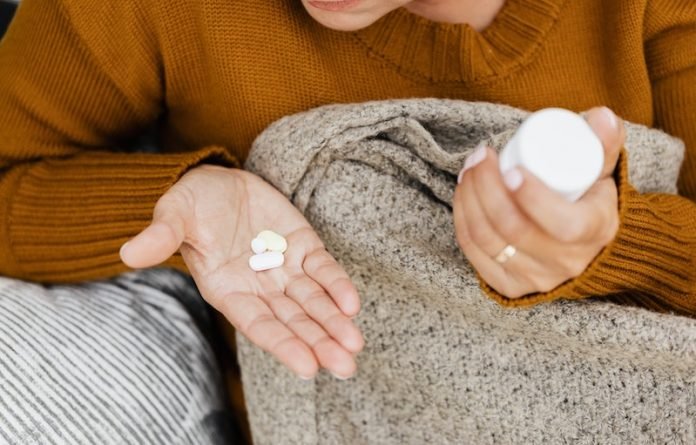
Scientists at Michigan Medicine have developed a new compound that has shown promising results in treating nonalcoholic fatty liver disease in animals.
The compound, called DT-109, has been specifically designed to treat the severe form of fatty liver disease known as nonalcoholic steatohepatitis (NASH).
NASH is a condition that causes inflammation and scarring in the liver and is becoming increasingly common worldwide.
According to the study, DT-109 was successful in reversing fat buildup and preventing scarring in the livers of mice and primates that had developed NASH.
This is a significant breakthrough in the search for a treatment for NASH, which has become the primary cause of chronic liver disease and is estimated to affect up to 6.5% of the global population.
The researchers say that for years, scientists have been trying to develop a medication that treats NASH, but many attempts have failed to show an improvement or have raised safety concerns in clinical trials.
However, DT-109 has shown promising results in both mice and non-human primates, bringing scientists closer than ever to developing a treatment for this condition.
NASH is the second stage of nonalcoholic fatty liver disease, which affects an estimated 32% of people worldwide.
While fatty liver disease can be treated with exercise and nutritional intervention, the liver damage from NASH is more permanent.
NASH-related cirrhosis is now one of the most common reasons for liver transplantation.
The researchers developed DT-109 for treating NASH in non-human primates after reports showed that impaired glycine metabolism was a cause of nonalcoholic fatty liver disease and NASH.
While hundreds of compounds have successfully treated NASH in mice, including DT-109, mouse NASH models are limited because not all aspects of the human disease are accurately mimicked and, therefore, are not easily translatable to the clinic.
The research team’s non-human primate model for NASH confirmed using multi-omics profiling studies, is among the first to accomplish the feat.
The drug inhibited the production of lithocholic acid, a toxic secondary bile acid closely linked to nonalcoholic fatty liver disease, and stimulated fatty acid degradation and antioxidant formation.
The team says with this significant breakthrough in preclinical models, they can now consider evaluating DT-109 as a potential drug candidate for the treatment of NASH in future clinical trials.
How to prevent fatty liver disease
There are several ways to prevent fatty liver disease. Here are some tips:
Maintain a healthy weight: Being overweight or obese can increase the risk of developing fatty liver disease. Therefore, maintaining a healthy weight by eating a balanced diet and engaging in regular exercise can help prevent the disease.
Exercise regularly: Exercise can help burn excess fat and reduce the risk of developing fatty liver disease. Aim for at least 30 minutes of moderate-intensity exercise most days of the week.
Eat a healthy diet: Eating a diet that is high in fruits, vegetables, whole grains, and lean proteins and low in saturated and trans fats can help prevent fatty liver disease.
Limit alcohol consumption: Drinking too much alcohol can cause fatty liver disease. Women should limit alcohol consumption to one drink per day, and men should limit it to two drinks per day.
Avoid toxins: Exposure to certain toxins, such as pesticides and industrial chemicals, can increase the risk of developing fatty liver disease. Therefore, it is important to avoid exposure to these toxins whenever possible.
Manage medical conditions: Certain medical conditions, such as diabetes, high cholesterol, and high blood pressure, can increase the risk of developing fatty liver disease. Therefore, it is important to manage these conditions with the help of a healthcare provider.
Get vaccinated: Certain viruses, such as hepatitis A and B, can cause liver damage and increase the risk of developing fatty liver disease. Therefore, getting vaccinated against these viruses can help prevent the disease.
If you care about liver health, please read studies about dairy foods linked to liver cancer, and coffee drinkers may halve their risk of liver cancer.
For more information about liver health, please see recent studies that an anti-inflammatory diet could help prevent fatty liver disease, and results showing vitamin D could help prevent non-alcoholic fatty liver disease.
The study was conducted by Pengxiang Qu et al and published in Cell Metabolism.
Copyright © 2023 Knowridge Science Report. All rights reserved.



